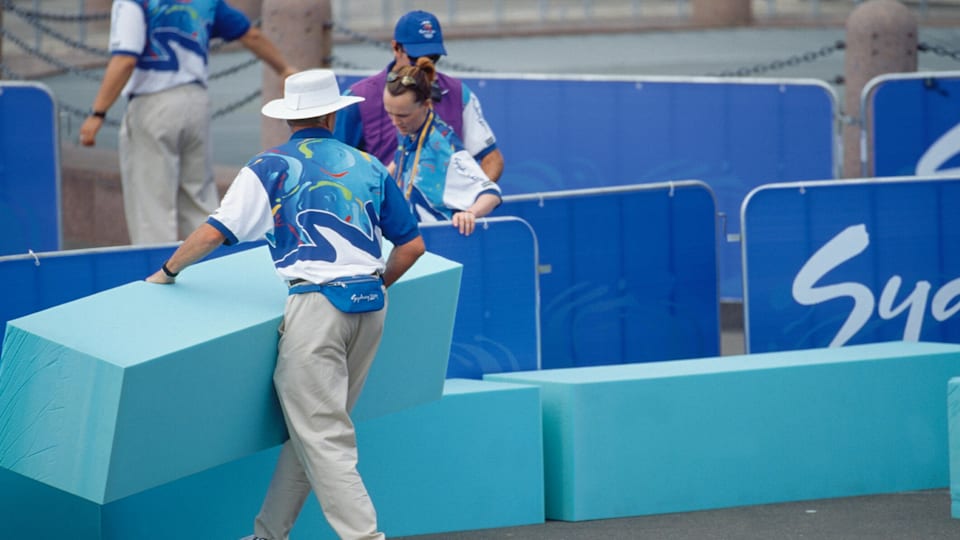Advances in Olympic Games management
Before the Olympic Games Sydney 2000, very little of the knowledge acquired through hosting the Games was passed on from one Organising Committee to the next. The only way information would be disseminated was through a small group of staff who worked on successive Games and Olympic consultants who sold their expertise to future host cities.

This began to change for the first time in 1998, when the IOC created its Transfer of Knowledge (TOK) system to enable future Organising Committees to benefit from the years of experience acquired by previous hosts.
In a landmark programme, the IOC struck a commercial agreement, worth AUD 5 million, with SOCOG, the Sydney Games Organising Committee, in return for written and oral material from 90 relevant SOCOG managers. This was then updated over the following year and passed on to the Organising Committees for the Olympic Winter Games Salt Lake City 2002 and the Olympic Games Athens 2004.
The management of Sydney 2000 is considered to have been more efficient than ever before thanks to strong involvement from all three levels of government in Australia, and the gradual integration of three separate bodies – SOCOG, the Olympic Co-ordination Authority and the Olympic Roads and Transport Authority – into one Sydney 2000 organisational structure. This provided a variety of benefits, enabling a legacy of improved environmental practices to be introduced into the Australian construction industry based on the Sydney Olympic Park processes, as well as the establishment of a personnel database of Australian professionals and their skillsets to facilitate recruitment for future major events.
However, there were administrative issues with Sydney 2000 facing some problems with their ticket sales, a situation that later led to improvements for future Games in this area.